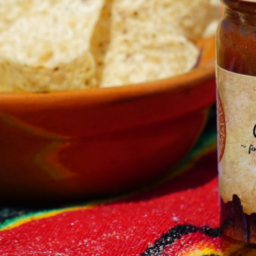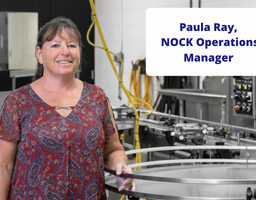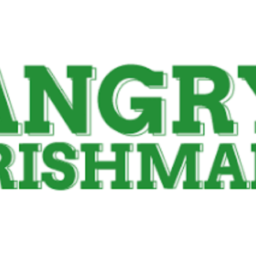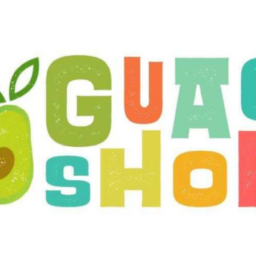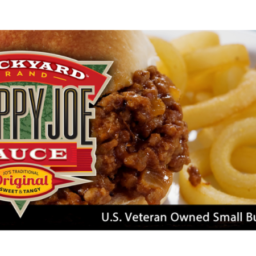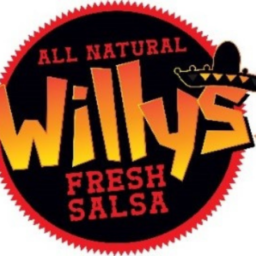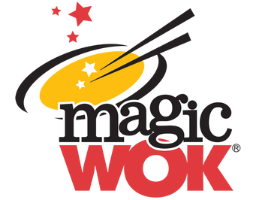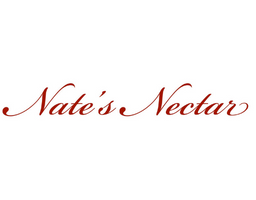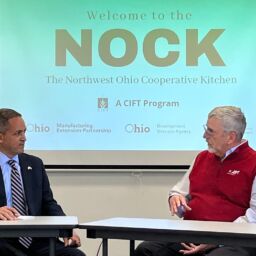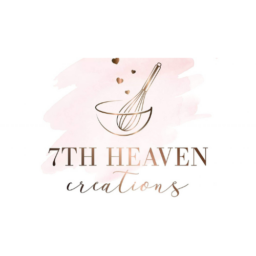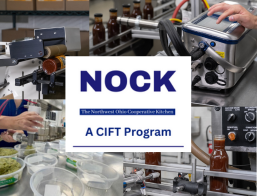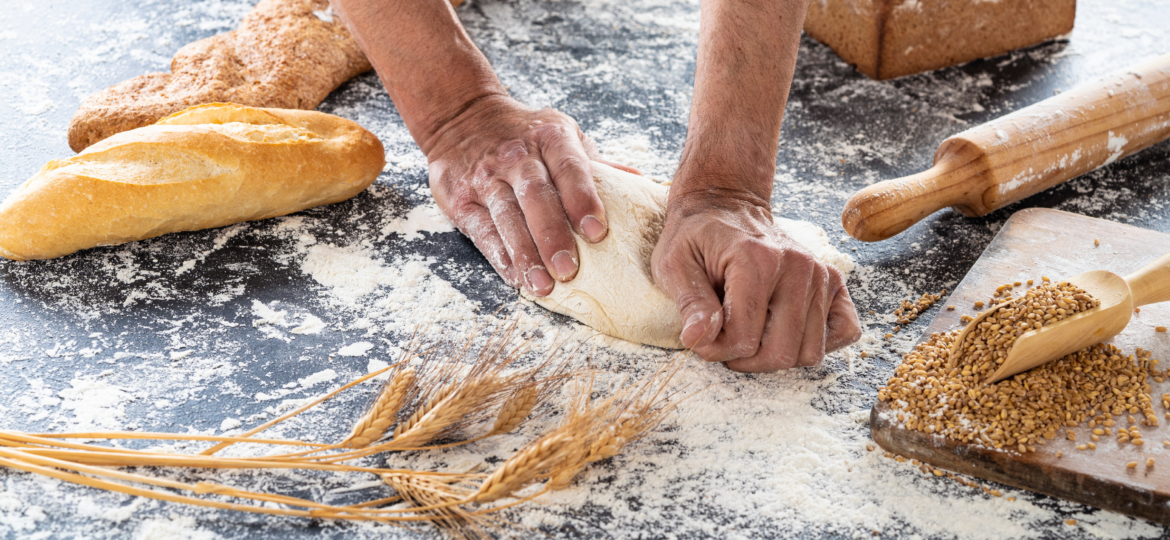
Have you ever had the greatest food idea and wondered if you could produce and sell it from your own home? Well it may not be that easy. According to the Ohio Department of Agriculture, a person who operates and produces from their home can have a Cottage Food Production Operation which allows them to sell items, but there are restrictions and specific requirements that must be met. Here’s what you need to know about Cottage Food Production Operation and if it is a fit for you:
What is Cottage Food Production Operation?
A Cottage Food Production Operation is defined as producing not potentially hazardous foods at home such as cookies, bread, fruit jams or jellies, dry tea blends, and dry seasoning blends.
Products such as acidified foods, low-acid canned foods, refrigerated foods, or potentially hazardous foods such as barbeque sauces, salsa, freezer jams, cheesecakes, cream cheese frosting, chocolate-covered strawberries, beef jerky, prepared meals, and dehydrated fruits or herbs are not allowed under Cottage Food Production.
Click here for a full list of allowed and not allowed products under Cottage Food Production.
Do I need a license?
If your product qualifies as a Cottage Food Production Operation, you are exempt from being licensed and inspected.
If your product is not on the Cottage Foods allowed list, then you likely need to obtain a home bakery license or find a licensed shared-use facility inspected by the Ohio Department of Agriculture or your local county health department to produce the product.
Does a Cottage Food product need to be labeled?
All cottage foods must be properly labeled or they will be considered misbranded or adulterated. The label must include a Statement of Identity, Net Quantity of Contents, Ingredient List, Statement of Responsibility, and the following statement: “This Product is Home Produced.”
Where can I sell my Cottage Food products?
Cottage Foods can be sold within the state of Ohio at locations such as farmer’s markets, some retail outlets, and festivals. They are not allowed to be sold outside of the state, even if selling online.
If you want to get your product into a retail store, there are more requirements that must be met, such as UPC code and nutrition facts, before they will carry your product.
If your product qualifies, a Cottage Food Production Operation can be a great starting point for testing your products. You can first see how well the products are received by the general public, before you consider future expansion which requires a licensed facility.
Have further questions about Cottage Food regulations? Does your idea not meet the definition and you’re in need of a licensed facility?
We have experts on staff at the Northwest Ohio Cooperative Kitchen, a program of CIFT, that can help you understand food regulations. Let us help you start your journey as a food entrepreneur. Contact us through our website.
cottage food production operation, food entrepreneur, NOCK, small business


